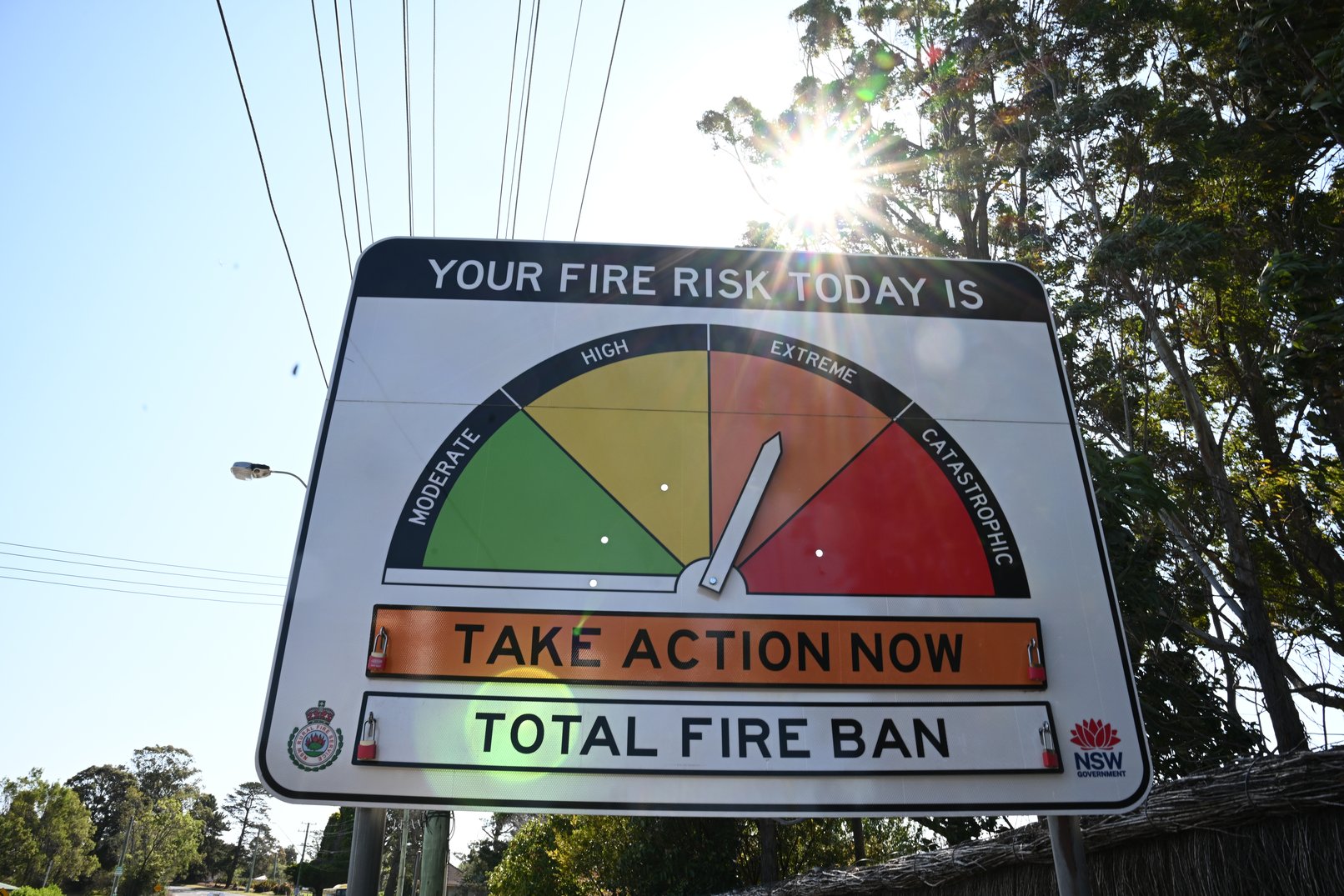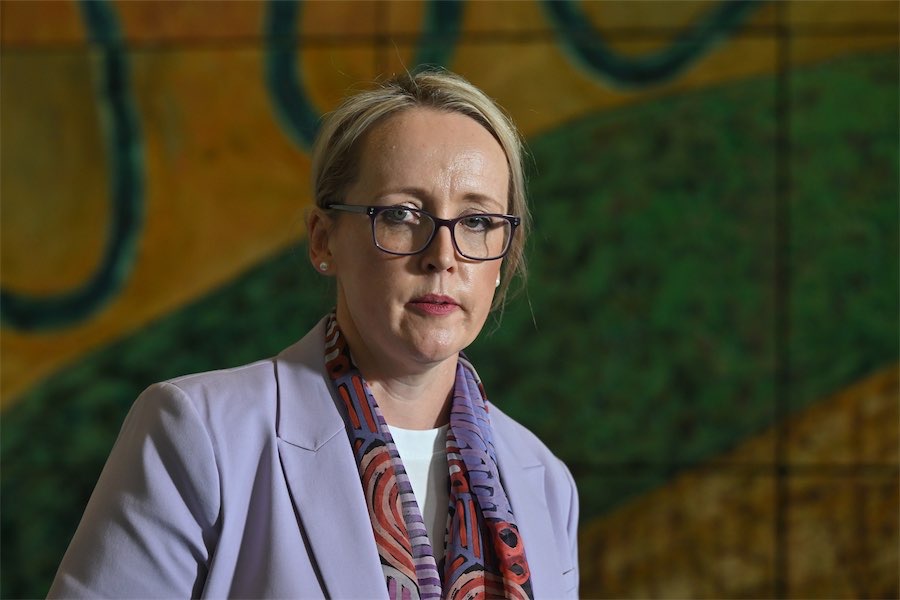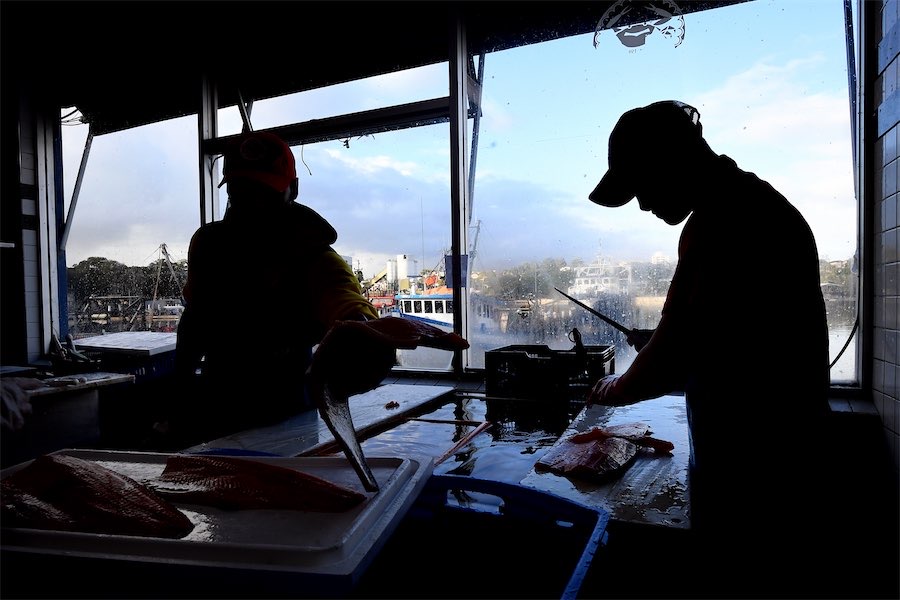
The number of young Australians presenting to hospital with suicidal thoughts or behaviour increases during hotter weather.
University of NSW-led research found suicidal emergency department presentations by 12 to 24-year-olds increased by 1.3 per cent for every one degree rise in daily mean temperature.
The study analysed 55,000 presentations at hospitals across NSW between November and March from 2012 to 2019.
The spikes occurred on single hot days and were not limited to heatwaves when trouble sleeping was likely to be a contributing factor, lead author Cybele Dey said.
“The heat itself looks to be doing something to increase people’s distress and that is supported by other literature,” said Dr Dey, a UNSW psychiatrist and lecturer.
“We know that calls to mental health crisis lines go up with temperature and there are overseas studies showing a link between heat exposure and suicidality presentations.”
The Royal Australian and New Zealand College of Psychiatrists said clinicians were increasingly concerned about the risk of rising temperatures to young people’s health.
“Climate change isn’t a distant threat – it’s here, affecting the health and wellbeing of people everywhere,” NSW branch chair Pramudie Gunaratne said.
“Extreme weather events contribute to intensifying anxiety, depression, PTSD, sleep disruption and suicidal thoughts, especially in young people.”
She said help was often too hard or too expensive for young people to access and that governments needed to treat climate change as a public health issue.
The study did not monitor how climate change was impacting youth anxiety and mental health, only the effect of hotter weather itself.
Suicide is the leading cause of death for Australians aged 15 to 24.
The research also found the connection between heat and suicidal presentations was strongest in western Sydney and inland regional NSW, and weaker in Sydney’s inner suburbs and in coastal areas.
Senior author Iain Perkes said socio-economic disadvantage and lower-quality housing made it harder to cope with hot weather and limited access to green spaces and waterways also likely played a role.
“We’ll need to do more research on these possible mediating factors but that shouldn’t stop us from getting on and making sensible changes to reduce exposure to higher temperatures,” Dr Perkes said.
Better housing and access to cool spaces at home and school would help protect young people, he said.
Other suggestions included targeted interventions for at-risk groups and better messaging on heatwaves and physical health.
Doctors for the Environment Australia spokesman and study co-author James Scott called for an urgent phase-out of fossil fuels.
“Our research shows that young Australians’ mental health suffers in the heat and we know that climate pollution is contributing to increased extreme weather, including heat,” Professor Scott said.
“We need governments to take research like this into account before approving any new fossil fuel projects and when forming climate policy more generally so we can keep our kids safe.”
Lifeline 13 11 14
Kids Helpline 1800 55 1800 (for people aged 5 to 25)
Who can be trusted?
In a world of spin and confusion, there’s never been a more important time to support independent journalism in Canberra.
If you trust our work online and want to enforce the power of independent voices, I invite you to make a small contribution.
Every dollar of support is invested back into our journalism to help keep citynews.com.au strong and free.
Thank you,
Ian Meikle, editor





Leave a Reply